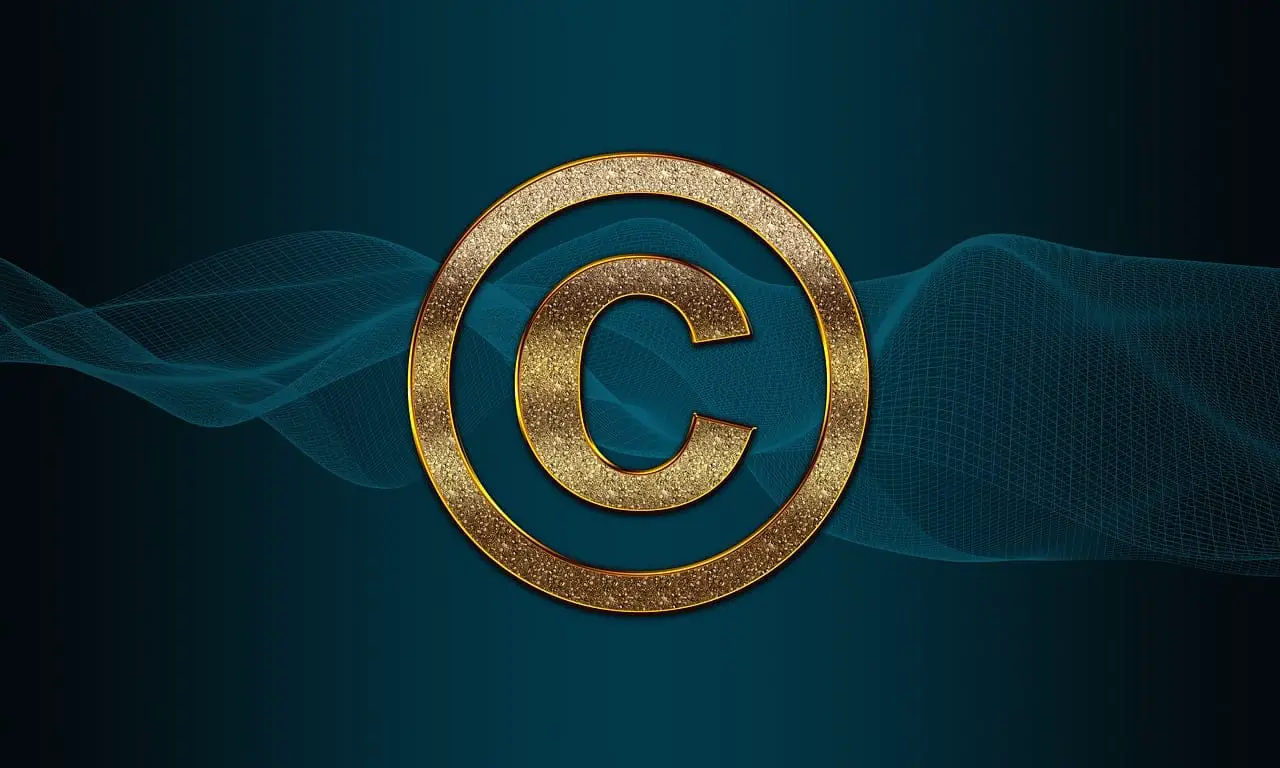Is the Bible copyrighted?
The Bible is not copyrighted in the traditional sense of the word. This is because the Bible is a collection of ancient texts that were written over a period of thousands of years by multiple authors. These texts are considered to be part of the public domain.
The Bible is one of the most widely read and influential books in the world. It is a religious text that is sacred to millions of people around the globe. But is the Bible copyrighted? This is a question that has been asked by many, and the answer is not as clear-cut as you might think.
Firstly, it is important to understand what copyright is. Copyright is a legal right that is granted to the creator of an original work, such as a book, music, or film.
This right gives the creator control over how their work is used, reproduced, and distributed. Copyright laws vary from country to country, but in general, copyright lasts for the life of the creator plus a certain number of years.
So, is the Bible copyrighted? The short answer is no. The Bible is not copyrighted in the traditional sense of the word. This is because the Bible is a collection of ancient texts that were written over a period of thousands of years by multiple authors. These texts are considered to be part of the public domain, meaning that they are not subject to copyright protection.

However, there are some exceptions to this rule. For example, if someone creates a new translation of the Bible, they may be able to claim copyright protection for their translation.
This is because a new translation is considered to be an original work, and therefore, is subject to copyright protection. In addition, some publishers may claim copyright protection for their specific versions of the Bible, such as study Bibles or illustrated Bibles.
It is worth noting that even if a specific version of the Bible is copyrighted, this does not mean that the text itself is copyrighted. Copyright only applies to the specific expression of an idea, not the idea itself. Therefore, anyone is free to quote or reproduce passages from the Bible without fear of infringing on copyright laws, as long as they are not reproducing a copyrighted version of the text.
Another thing to consider is that while the text of the Bible is not copyrighted, the use of certain translations or versions of the Bible may be restricted by trademark laws. For example, the New International Version (NIV) of the Bible is trademarked, and the use of the NIV name and logo is restricted by the trademark owner.